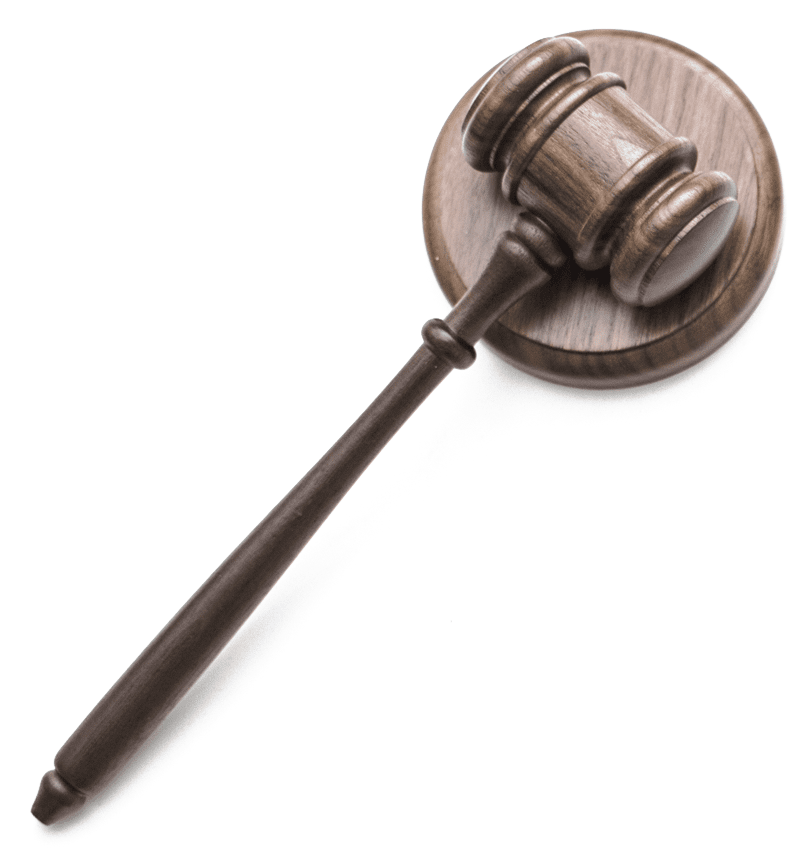Traffic offenses are criminal offenses that involve the violation of traffic laws, including rules of the road, vehicle operation, and licensing. These offenses include, but are not limited to:
Speeding: Exceeding the posted speed limit or driving too fast for road conditions.
Reckless driving: Operating a vehicle in a manner that endangers other people or property.
Improper lane changes: Changing lanes on the road without signaling or without following the proper procedure.
Running a red light or stop sign: Disobeying traffic signals or signs that control the movement of vehicles.
Failure to yield: Failing to give the right of way to other vehicles or pedestrians.
Hit and run: Leaving the scene of an accident without stopping to exchange information or render assistance.
Driving without a valid license: Operating a vehicle without a valid driver’s license or with a suspended or revoked license.
Driving under the influence (DUI): Operating a vehicle while under the influence of alcohol or drugs.
Vehicle registration violations: Failing to register a vehicle or displaying expired registration tags.
Equipment violations: Operating a vehicle with faulty or illegal equipment, such as malfunctioning brakes or no headlights.
The specific penalties for traffic offenses vary depending on the jurisdiction, but they can include fines, points on the driver’s license, community service, and in some cases, imprisonment. It’s worth noting that some traffic violations may be considered as a misdemeanor and some as a felony depending on the specific law and circumstances of the case. Additionally, some jurisdictions have different punishments for repeat offenders. An attorney can help advise on the specific charges and penalties that may apply in a particular case.
